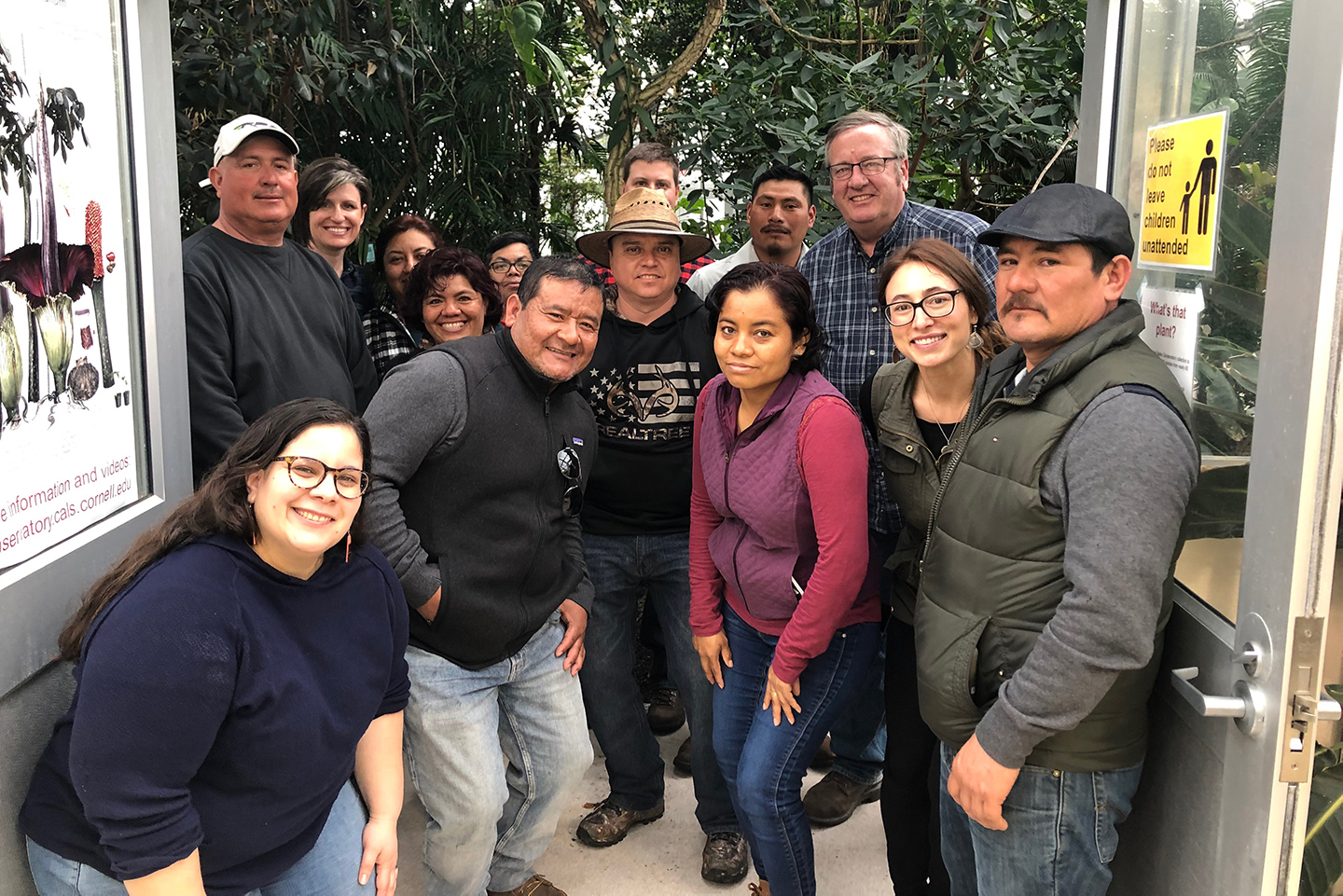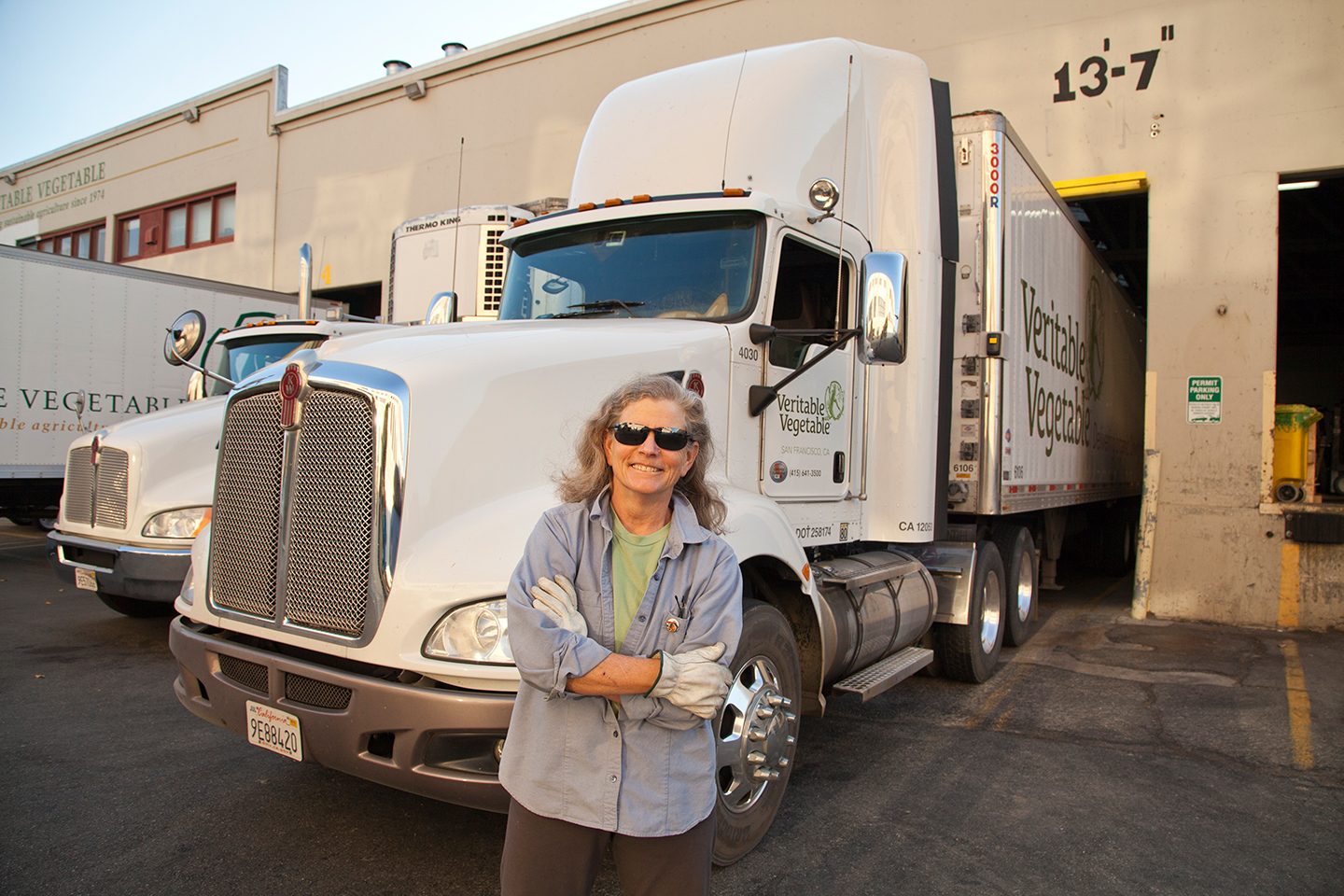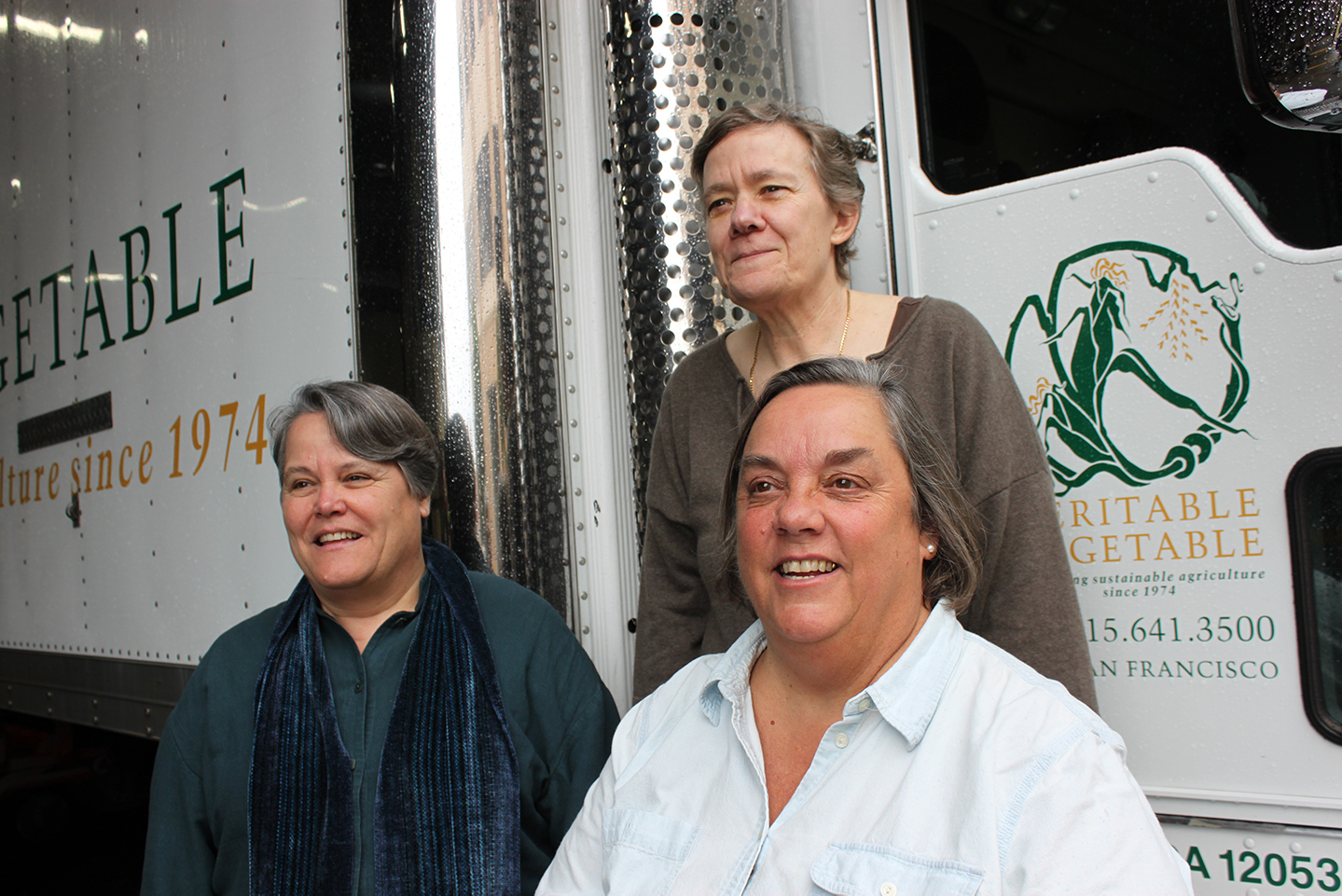In the business of agricultural production, you won’t see staff development at the top of anyone’s to-do list. Sure, farmers depend on their hired help every bit as much as people in other industries, but the additional work of employee development comes at the expense of much-needed time for harvesting, shipping and getting food on shelves before it spoils.
Those circumstances are changing, though, as farmers become more aware of the relationship between a developed workforce and a successful farm business.
The Cornell Small Farms Program, for example, has rolled out several training opportunities to help farmers understand that their workforce is their most valuable resource.
The program, part of Cornell Cooperative Extension based at Cornell University in Ithaca, New York, aims to help two underserved farmer populations. The first is farm owners who have well-established farming practices but want to expand their business, increase their workforce or hire staff for the first time. The second is Latinx farm employees, with a focus on fostering greater upward mobility and opportunities for ownership, succession and management.
The program’s message is that investing in your employees is an investment in the ultimate success of your farm business.
Over the last eight years, Mario Miranda Sazo of the Cornell Cooperative Extension Lake Ontario Fruit Program has organized a Summer Fruit School, offering two days of skill-building classes in Spanish for farmworkers in the fruit tree industry. Through his connections to the fruit tree farmworker community in the Lake Ontario region of New York, the team piloted a professional development program for bilingual crew managers. The inaugural seven-week course ran last fall, hosting approximately 15 managers. The training focused on building leadership and management skills, increasing business acumen and gaining confidence in English language communication.

Make it a core value
Developing leadership skills for managers and supervisors, the theory goes, only leads to greater collaboration. Not only do employees feel more valued, but they are also better prepared to excel in their role. This can be especially important for bilingual crew leaders, such as those in the Small Farms pilot program, because they’re often placed between Spanish-speaking farmworkers and English-speaking farm owners. In an environment where farm owners are investing in their own leadership skills while boosting the skill set of their workforce, the entire enterprise is better prepared to navigate challenges.
The Small Farms Program is continuing work with the inaugural pilot cohort from the fall, building upon the skills learned during the program and preparing members for leadership roles during the upcoming 2019 Summer Fruit School. The goal is to provide leadership opportunities for program participants within the farmworker community.
Research suggests that most workers — in agricultural industries and elsewhere — aren’t motivated by financial incentives alone, assuming they’re already paid enough to cover Maslow’s hierarchy of needs: food, water and sleep. A 2012 study of Swedish farms analyzed potential motivation factors by applying Herzberg’s two-factor motivation theory to farmworkers. This 1966 theory states that hygiene (i.e., job safety, security) is the main factor in job satisfaction, but it has no influence on motivation. Instead, motivation is driven by the potential for leadership, collaboration and work design. After applying these two ideas, the researchers found that most farmworkers and potential farmworkers value a fun, positive work environment with good leadership above one without negative factors such as occasional overtime or weekend work.

Creating an effective operation
While many businesses start with farming and food in mind first and set their human resources philosophy second, Veritable Vegetable, a California-based organic produce distributor, is taking a different approach. Its typical six-week training period is a large time investment, but it sets Veritable Vegetable up for success when it’s crunch time.
Mary Jane Evans, Veritable Vegetable’s CEO, is looking for an effective operation, not just an efficient one, said Shira Tannor, the company’s chief administrative officer. “If you’re effective, you are producing intentional results, and efficiency is just one part of this,” said Tannor.
Veritable Vegetable employes a participatory meeting strategy that brings together people from multiple departments and management tiers to establish an agenda and lead discussions.
“The participatory meetings also create microlayers of management,” said Tannor, “creating a stepping stone for people — particularly the operational people — to take on a little bit more. We have meetings where our CEO will meet with the manager of our warehouse operations group, warehouse staff and some team leads.” People working directly in operations can talk about operational issues all the way up to the CEO.
Not only does Veritable Vegetable encourage team opportunities in leadership and cross-departmental collaboration, it also identifies existing talents.
“We do a lot of promoting from within,” said Tannor. “The majority of our current purchasing staff has come from other parts of the company where they were doing other things. Their experience is really valuable and greatly informs the overall operation.”

establish an agenda and lead discussions. Photo by Anne Hamersky
Practice isn’t perfect
Just because a business has made a commitment to employee health and engagement, or started investing time and finances into the journey, doesn’t mean the process is easy.
There are frequent and unique challenges in offering opportunities to historically underrepresented or marginalized groups. Veritable Vegetable boasts about a 50/50 split in gender representation on staff — an uncommonly high number of female employees. While having three women as founders helps encourage women who are seeking new roles to apply, this staff gender balance didn’t happen by accident. Instead, Veritable Vegetable looks at hiring for attitude and training for skills — allowing it to recruit people who might not otherwise have entered the industry.
The Veritable Vegetable training program is intensive, with operational employees starting out with a six-week training program. Investment in employee growth and training continues beyond the first few weeks with opportunities for growth into new roles, even outside of their current departments.
“We have a staff person right now who is a warehouse trainer, but who is being trained to get her class A [commercial] license,” said Tannor. Veritable Vegetable not only encourages employees to seek new roles, it also strives to identify employees who have potential, with training, to move into other positions.
Nicole Waters, a coordinator for the USDA’s Beginning Farmer and Rancher Development Program, which helped fund the Cornell Small Farms Program, noted that an emphasis on hiring and training can be problematic for farmers just beginning the paperwork and planning process involved in hiring new staff.

The Cornell Small Farms Program recently collaborated with Cornell Ag Workforce Development (part of Cornell Cooperative Extension and the College of Agriculture and Life Sciences) to offer trainings focused, in part, on developing a process for everything farmers need to communicate to new hires before they arrive for their first full workday. They also focused on the human element of hiring and the importance of “thinking beyond getting work done, but thinking about how you can build your team to be as effective and efficient as possible,” said Waters.
Of course, not everyone at a workplace can be a manager — or even wants to be one. Not being a manager, however, doesn’t mean that a worker has to give up any say in the decision-making process.
In an industry where the distribution trucks must leave on time and the crops need to be harvested when they’re ready, focusing on including autonomy or workplace design can be an intimidating prospect. But the solution can be as simple as offering trust rather than micromanagement to employees.
“I trust you, and hired you because I believe you are the best possible person for the job, and now I want you to have the bandwidth you need to succeed,” said Waters.
In the end, much of what the Cornell Small Farms Program is teaching — and Veritable Vegetable is enacting — is about acknowledging the actual needs of their staff in a labor-focused environment and learning how to support them. Rather than investing in flashy workspaces, it’s about ensuring the employees feel invested in.



















